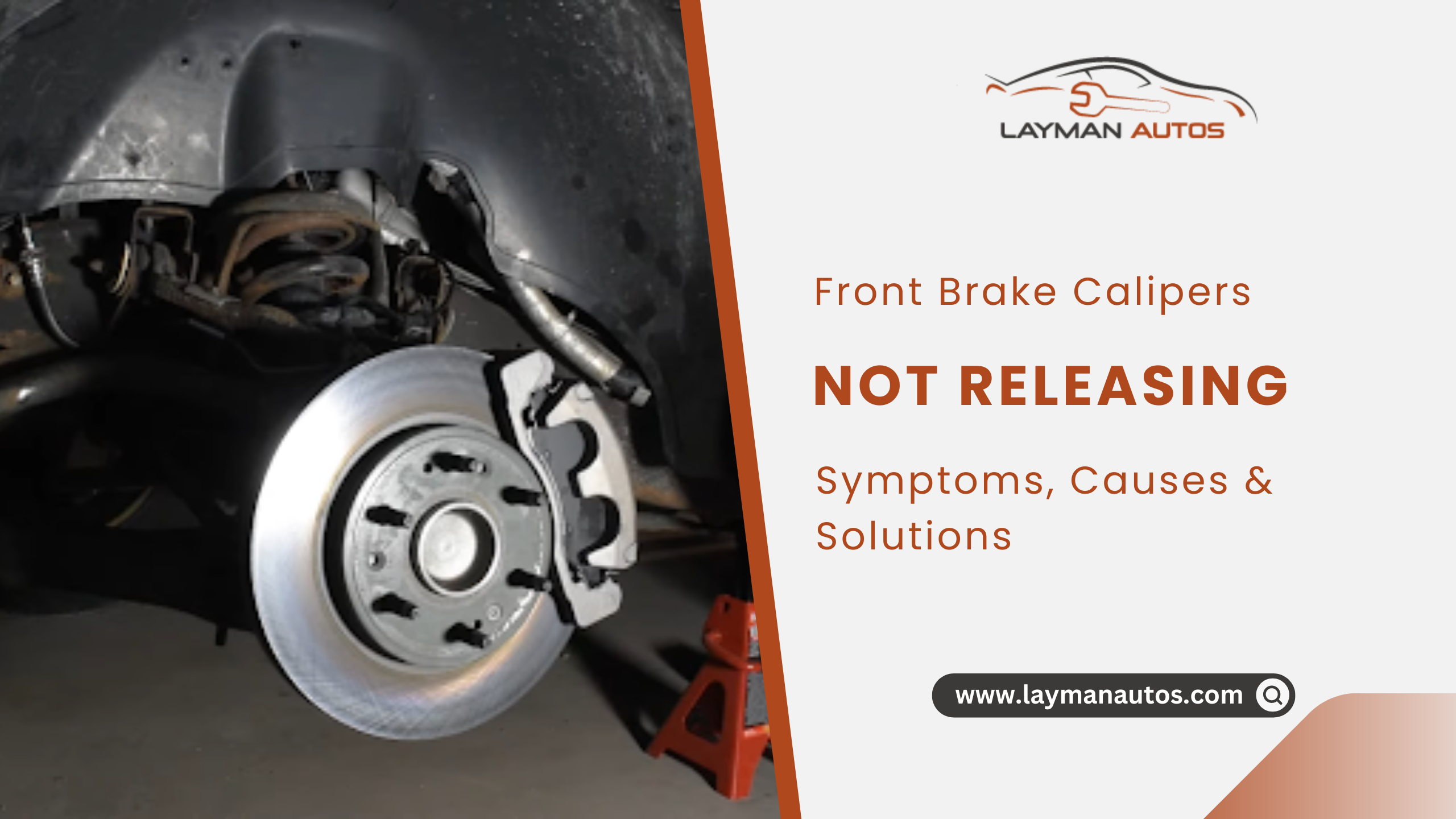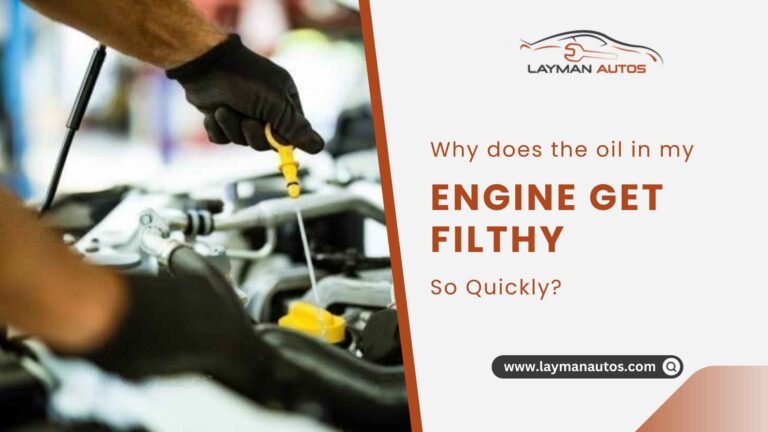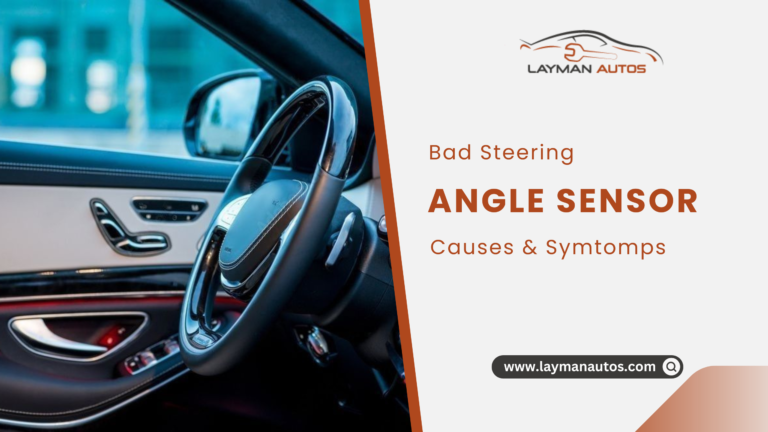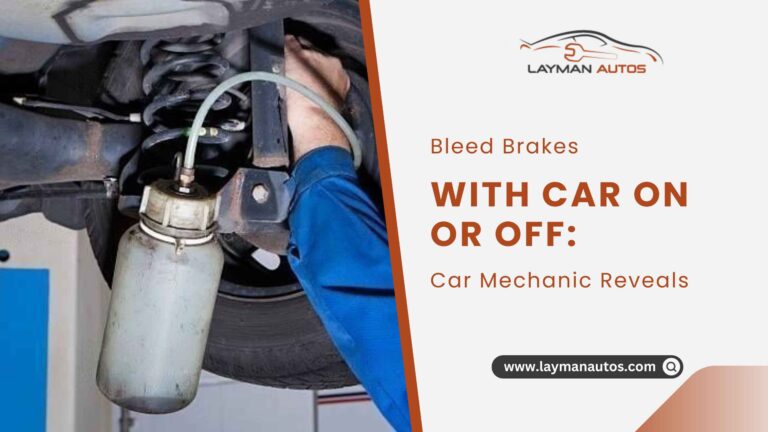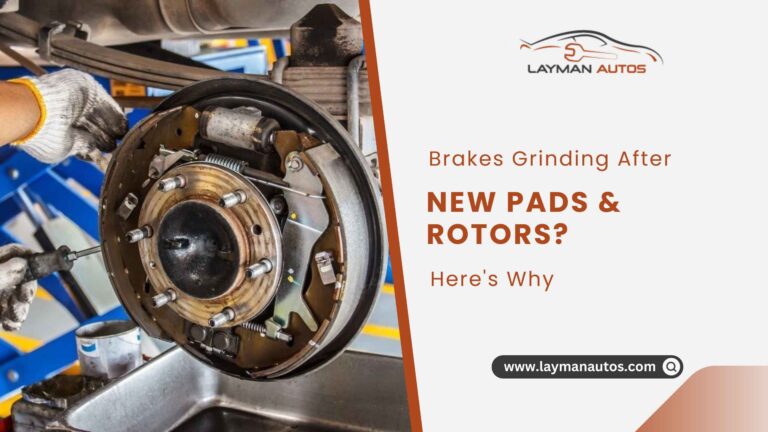Front Brake Calipers not Releasing: Symptoms, Causes, and Solution
Why are both front brake calipers not releasing? The most common causes of your calipers sticking are frozen front brakes, a seized-up front brake caliper, and worn-out brake lines. Therefore, sticky brake calipers can be caused by a number of different factors, including misaligned front calipers and faulty master cylinders.
Brake pads are installed in their corresponding guide grooves using special springs. When you step on the brake, the piston moves out of the cylinder and into contact with the inner brake pad. The outer brake pad is then tightened onto the disc by sliding the caliper bracket along the guide pins.
By resolving these issues, the front brake calipers may be easily unstuck. Happily, we’ll also provide strategies for addressing and resolving these concerns. Follow up with us to the very finish.
How Come are Both Front Brake Calipers Not Releasing?
A breakdown in the braking system is highly hazardous in today’s traffic conditions. If the brake caliper isn’t letting go, the brake pad can’t be released from the disc. The failure of the hydraulic piston to return is the usual cause of this.
This feature becomes apparent when you experience a pulling sensation when applying the brakes, making it necessary to halt at a larger distance than usual.
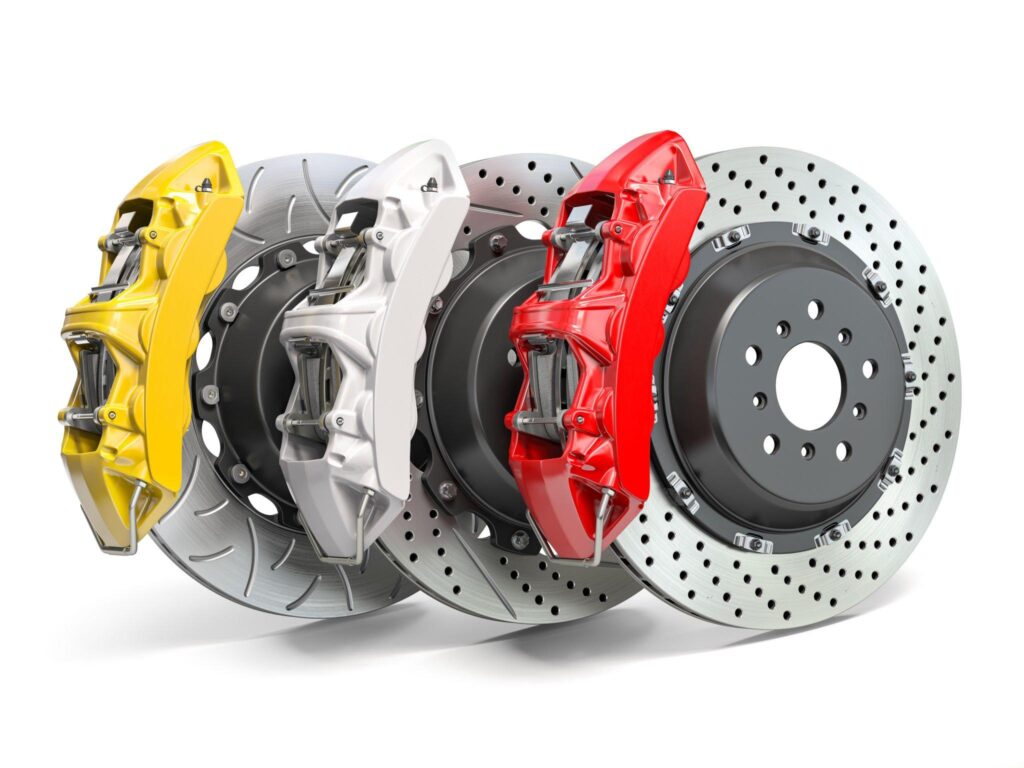
In addition, you may notice that it takes more pressure on the brake pedal to achieve the correct speed, that you smell smoke after braking, or that you feel the brakes getting warmer.
The caliper plays a crucial role in disc brakes. It secures the brake pads in place while braking, allowing for free movement. Brake calipers can either be free-floating or permanently attached. You need to get this fixed as soon as possible if your brake caliper is failing and not releasing.
Caliper Bracket Houses
Floating calipers have at least one piston, and sometimes two, on the same side of the braking disc as the brake pads. The caliper housing is screwed into the support, and the steering joint is secured to the support. The caliper bracket houses the brake pads.
Each piston in the fixed caliper remains in place when the brakes are applied. Pistons on both sides push back against the rotor instead.
To learn more, consult your vehicle’s handbook. Not only will this assist you to determine the sort of caliper you have, but it will also serve as a useful reference for other components. You may check with your dealer to get a copy of this manual; they’re not too pricey.
There are no guiding pins in brake calipers of permanent design, and the pistons are instead placed on each side of the disc. Therefore, while braking, the pressurized liquid is simultaneously supplied to the inner and outer plates, creating motion in both. The plates are separated by spring-loaded spacers.
Symptoms of A Locked-up Brake Caliper
Before we go into what causes the brake calipers to stick, we’ll go through some of the telltale symptoms.
- When you press the brakes, the vehicle pulls to one side.
- The wheels will make a grinding noise.
- Calipers are a common source of leaking brake fluids.
- Poor MPG ratings.
- Smoke will come out of the wheels.
Not only do these indicate a seized caliper, but there are others as well. That’s why it’s crucial to zero in on what’s causing issues.
Why is the Brake Caliper Not Releasing?
Squeezing or sticking is the most typical reason for a brake caliper that won’t release. The incorrect braking fluid, improperly installed brake pads, a damaged caliper, or warped brake discs can all contribute to a brake caliper that sticks.
1. Front Brakes May Get Frozen Up
It is commonly believed that new calipers are required when the existing ones cannot be released. Yet contrary to our expectations, this is not the case. Lack of lubrication on the caliper slides might cause the front brakes to lock up. Your front brake calipers are stuck because the brakes have frozen.
Solution:
Simply greasing the pistons in the brake calipers should solve the issue. The front brake caliper assembly only has to be partially disassembled for cleaning with spray brake cleaner. You may clean it up with some golden wool as well. The front brake slides should then be re-lubricated with high-temp copper grease.
The front brake calipers may be greased using a grease gun as well. Take the bleeder fitting off, attach the grease gun, and start pumping. There might be drawbacks to this approach, especially if you have an older vehicle. The following video will show you how to remove the ice from your brake calipers.
2. Seized-Up Brake Calipers
The most common reason for both front brake calipers failing to release is a seized caliper or brake pad.
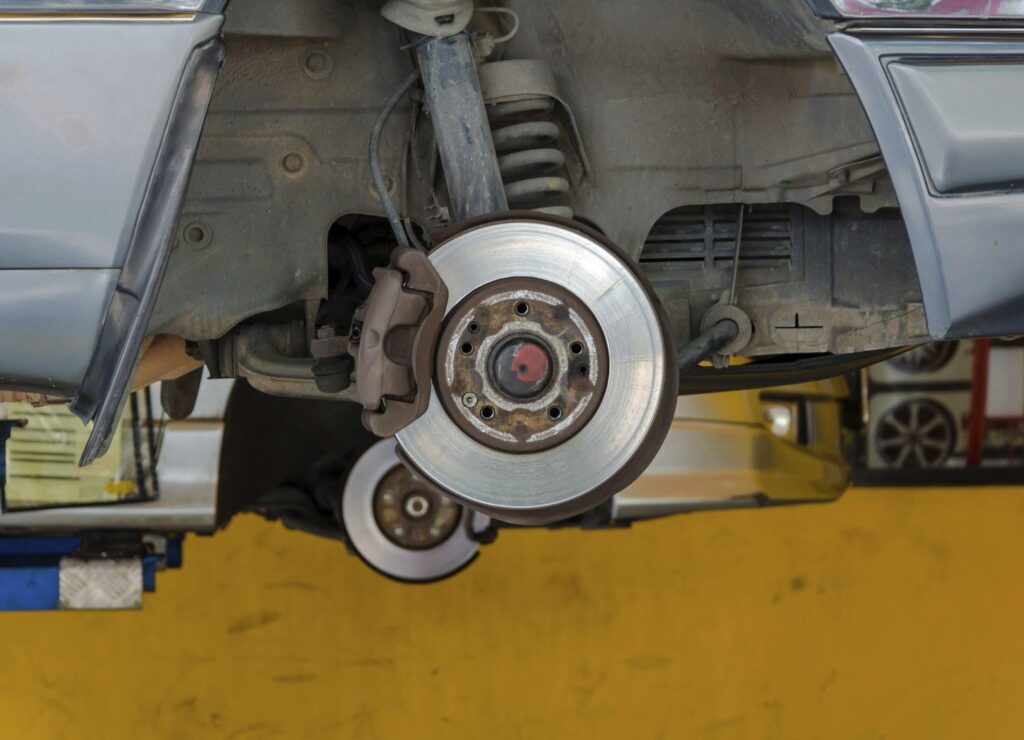
If you don’t keep the pistons within your brake calipers in good working order, your brakes are more likely to become stuck. The brake calipers in your vehicle are built to last, even when subjected to extreme heat or cold.
These fluctuations have a deteriorating effect on the pistons over time. Moisture can get into your caliper’s pistons when you leave the cracks open for too long, eroding them and eventually causing them to seize. You can fix a seized brake caliper yourself.
Solution:
If your brake calipers ever freeze up, there is no other option than to replace them. How do I know whether the front brake calipers have jammed or if I need to replace them? Simple, if the brake calipers get stuck, your automobile will pull to one side when you apply the brakes.
Replacement of the brake calipers will cost you between $567 and $904. The price of the calipers increases from $132 to $167 if you pay for professional installation. Those who aren’t comfortable with automobile mechanics should take their vehicles to a specialist.
3. Damaged Brake Hose
Sticking front brake calipers might also be caused by a worn brake line. A chunk of rubber can break off and hang within a brake hose if it deteriorates or is damaged enough. Perhaps the rubber blob might serve as a valve to prevent backflow.
As a result, when you press on the brakes, the pads will firmly grip the rotors. However, when the brake is released, the mass of the rubber prevents the hydraulic pressure from releasing the caliper piston. Therefore, the braking system will not release the brake calipers and the brakes will continue to be engaged.
Solution:
If the brake hose is worn, you need to get a new one. If you want to check something, check the brake hose. There’s a good chance you’ll need to manually spin the tyres, so we suggest repeatedly pumping the brake pedal.
Pump the brake pedal again if you’re having trouble spinning the tyres. Open some bleeding cans right now. If brake fluid sprays out, you know there’s a leak in the braking lines.
If you don’t know how to replace a car’s brake line, you should read this guide. Instead, you might pay a mechanic to service your vehicle.
4. Misalignment of the Calipers
Brake drug and front brake caliper difficulties may be avoided by ensuring proper caliper-to-rotor alignment. Calipers can become misaligned with time. Brake pads or calipers may stay in touch with the rotor surface if this issue continues to worsen. As a result of this overheating, the calipers will get permanently adhered to the rotors.
Caliper misalignment can occur for a number of reasons. The calipers’ mounting brackets are so vulnerable that they may be bent by the smallest of bumps. Brake pads and calipers can become warped and misaligned due to excessive heat.
Solution:
We suggest taking your automobile to a professional auto repair so they can align the brake calipers for you. Brake caliper misalignment is a common issue that may be spotted during a visual inspection by a professional. Finally, they’ll assist you in re-centering the calipers for optimal results.
5. Defective Master Cylinder
Sticking brakes can be caused by a faulty master cylinder. Typically, contaminated brake fluid is to blame for this problem.
In most cases, a blocked compensating port in the master cylinder is to blame for a jammed brake or brake calipers. This port is blocked and prevents the disc brake fluid from recirculating back to the master cylinder. Thus, the brake or brake caliper will become jammed.
The master cylinder might also fail and be severely damaged.
Solution:
To drain the brake fluid from the master cylinder, a simple hack is to bleed the system. Learn how to bleed the master cylinder by watching this video if you’re unfamiliar with the process. In such a case, you need a new master cylinder. In this scenario, you should probably take your automobile to a mechanic to get this done.
How to Prevent the Brake Caliper From Not Releasing or Sticking?
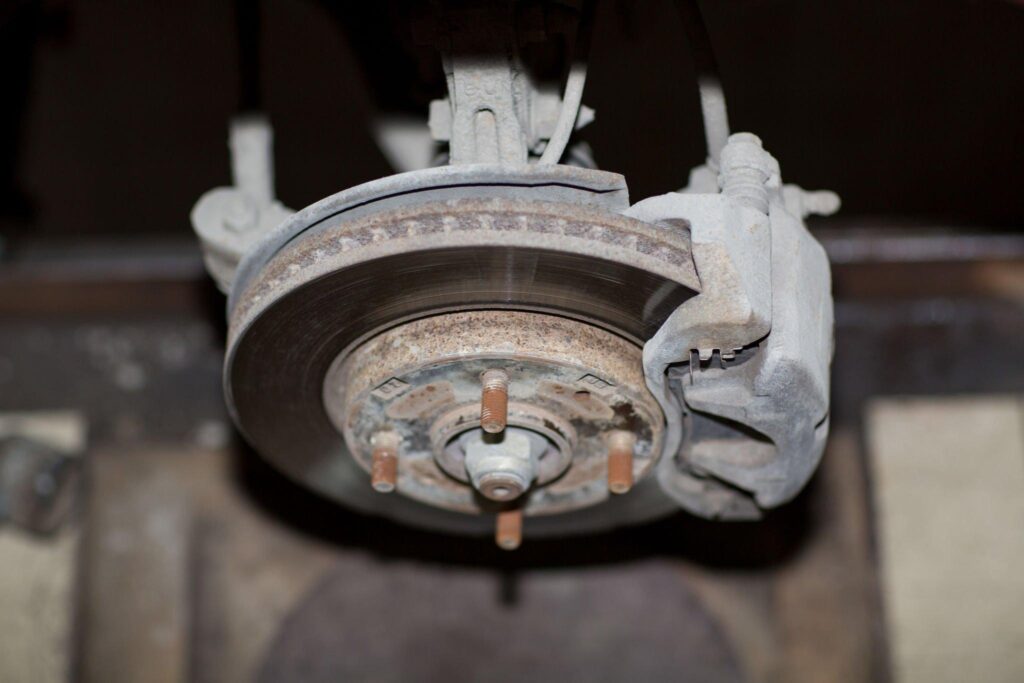
1. Before Installing New Brake Pads, Clean the Caliper.
Brake system components should be cleaned and inspected every 5-6 months, or whenever the brake pads are changed. If the seals are damaged, replace them immediately.
2. Avoid Replacing the Brake Fluid Too Rarely
Brake fluid is known to accumulate water over time. The degree of internal corrosion in the piston is largely determined by this factor.
3. Avoid an Aggressive Driving Style
Brake pedal use increases significantly while driving on a route with several curves. However, in typical situations, you should avoid starting off quickly and stopping abruptly. The overheating of the brake system’s components will be reduced as a result of this.
To delay or prevent corrosion, a special high-temperature paint should be applied to the caliper. The surface may be cleaned and degreased using sandpaper. In addition to serving as a shield against corrosion, the paint may give your brake caliper a more polished look.
Frequently Asked Questions:
Can a master cylinder cause brakes to stick?
Brake sticking or locking at all four wheels might indicate an issue with the master cylinder, even if the calipers themselves are fine. Using the brakes may have led you to suspect the master cylinder all along. Here, depressing the pedal could feel squishy or spongy, and it might go all the way down to the ground.
Why would a brake caliper lock up?
To overheat the brake pads and rotors, disc brake calipers might bind if their mounting gear is worn, missing, corroded, or damaged. As a result of brake lockup and uneven pad and rotor wear brought on by overheating, your vehicle may pull to one side violently when you apply the brakes.
What would cause both front brake calipers to lock up?
The brakes on your car might lock up for a variety of different causes. Some examples of these problems are an ABS component that is faulty, a broken parking brake, and a caliper, pad, piston, rotor, or another element that has been damaged or destroyed.
Conclusion
A vehicle’s brake caliper is an essential part that needs regular upkeep. Its proper functioning is crucial to the effectiveness of the braking system and the safety of you and your passengers.
There is a risk of brake failure if you disregard the early warning indications of caliper deterioration, especially if the caliper does not release. Following the aforementioned advice should reduce the likelihood of damage to your brake caliper and extend its useful life.

